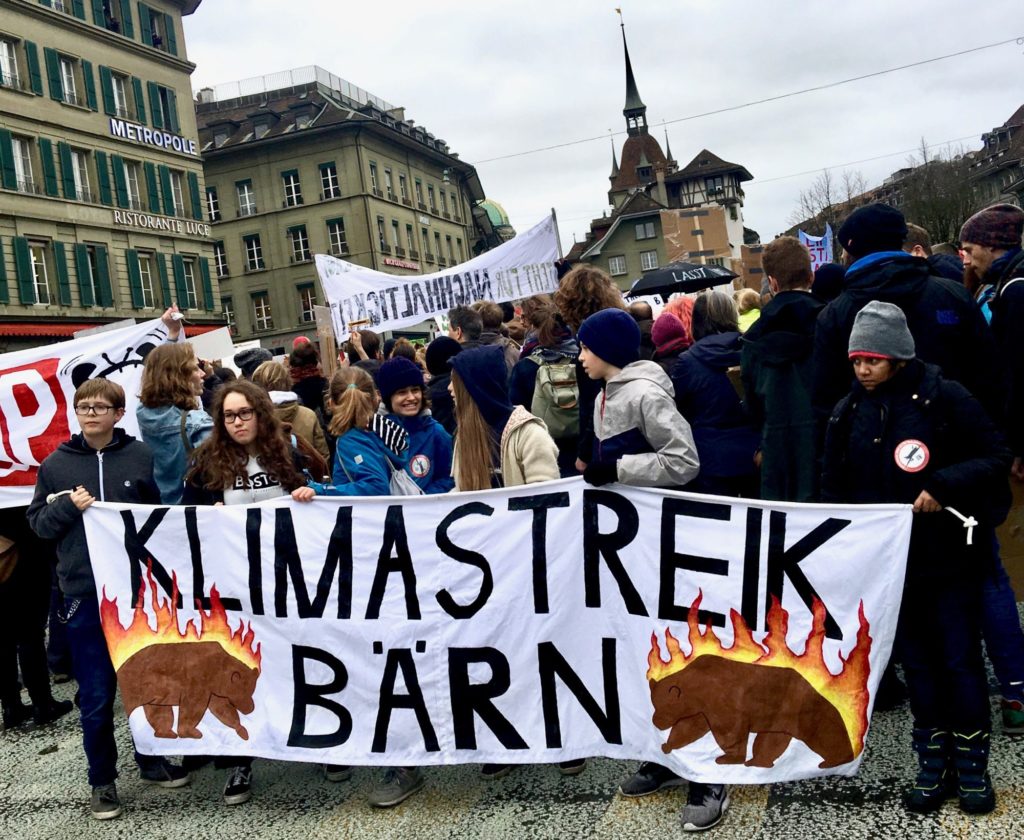GENEVA (AN) — The main U.N. body for trade, investment and development began a weeklong forum on how to solve the climate crisis.
"I speak to you as a prime minister and as a human. I'm here to tell you that the small island developing states need your help," Saint Lucia's prime minister, Allen Chastanet, told the United Nations Conference on Trade and Development's forum on Monday, which is particularly focused on how sea level rise affects small island nations.









